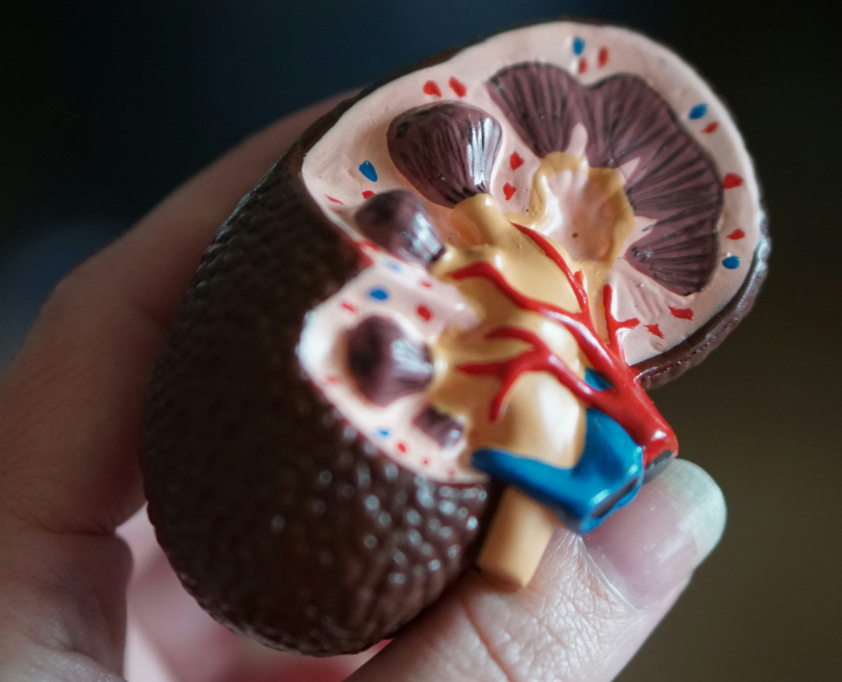Primary Sclerosing Cholangitis (PSC) is a chronic liver disease characterized by inflammation and scarring of the bile ducts, leading to their narrowing and obstruction. This impairs bile flow, causing liver damage over time. Here’s a concise overview based on current knowledge:
Key Points:
- Cause: Unknown, but likely involves autoimmune, genetic, and environmental factors. Strongly associated with inflammatory bowel disease (IBD), especially ulcerative colitis (70-80% of PSC cases).
- Symptoms: Fatigue, itching (pruritus), jaundice, abdominal pain, and fever. Many patients are asymptomatic early on.
- Diagnosis: Typically confirmed via imaging (e.g., MRCP or ERCP showing bile duct irregularities) and blood tests (elevated liver enzymes, especially alkaline phosphatase). Liver biopsy is rarely needed.
- Complications: Liver cirrhosis, portal hypertension, bile duct infections (cholangitis), and increased risk of cholangiocarcinoma (bile duct cancer) and colorectal cancer in IBD patients.
- Treatment: No cure. Management focuses on symptom relief (e.g., ursodeoxycholic acid for itching), treating infections, and monitoring for complications. Endoscopic procedures may relieve bile duct blockages. Liver transplantation is the only definitive treatment for advanced cases.
- Prognosis: Variable; some patients remain stable for years, while others progress to liver failure. Median transplant-free survival is ~12-20 years.


Leave a Reply